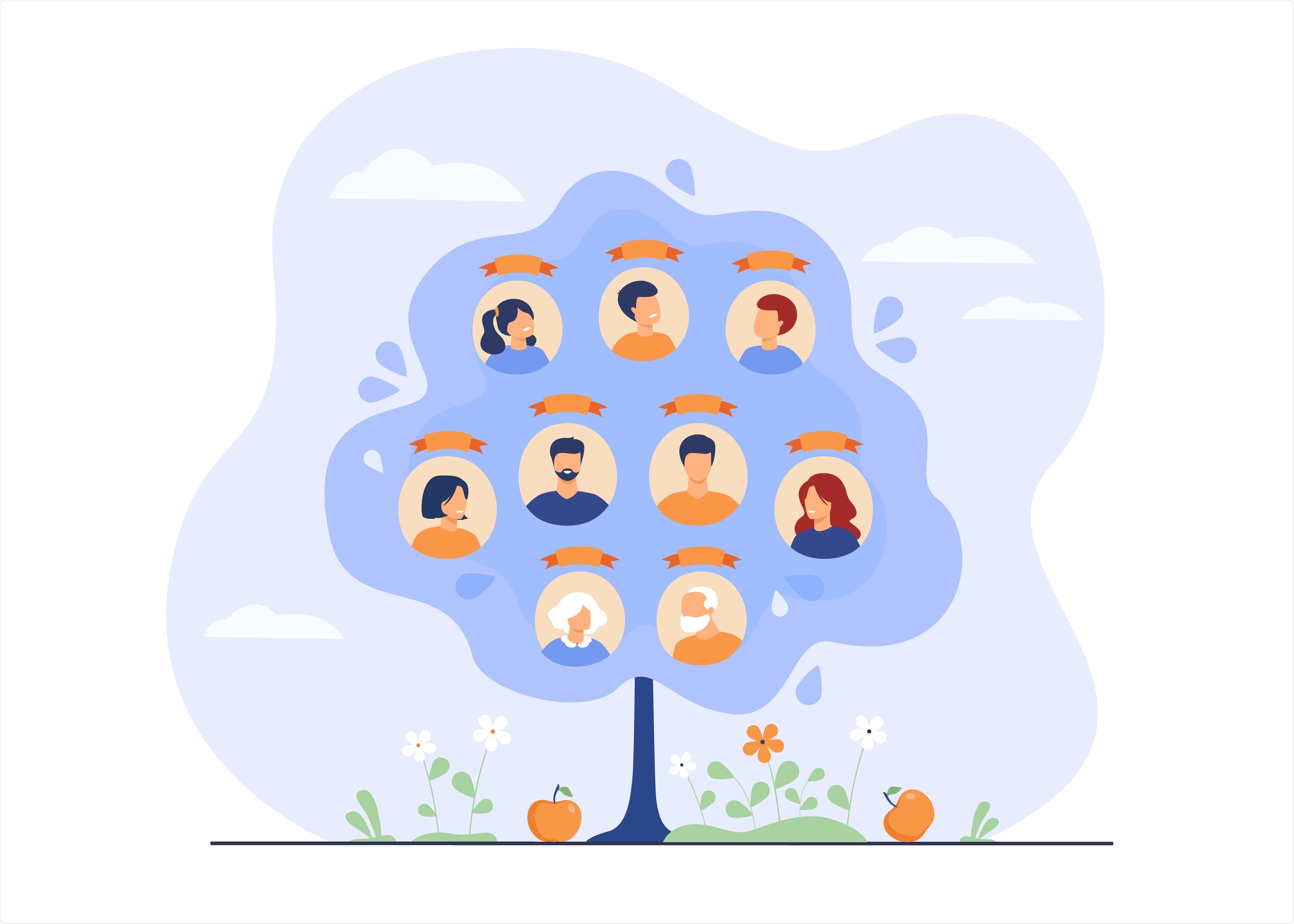The Families Sharing Health Assessment and Risk Evaluation (SHARE) workbook was developed by researchers at the National Human Genome Research Institute (NHGRI), which is part of the National Institutes of Health (NIH). It helps people use their family history to assess their risk for heart disease, diabetes, breast cancer, and colorectal cancer.

Family History Concept. Image Credit: SurfsUp/Shutterstock.com
Laura Koehly, Ph.D., and her research team have been measuring the accessibility and usability of the workbook since 2012, working with communities and constantly improving it to address difficulties. Koehly is the chief of the Social and Behavioral Research Branch at NHGRI and the study’s senior author.
The researchers presented data from questions about the efficacy of the workbook that they posed to African American communities in a recent paper in the journal Public Health Genomics.
Researchers hope to give a tool that encourages people to talk about their family health history and helps them understand how their family history is linked to their risk of heritable diseases through the Families SHARE workbook.
The workbook also offers advice on how people might lower their disease risk by changing their behavior and getting medical help.
In comparison to other racial and ethnic groups in the United States, African Americans have a disproportionately high frequency of chronic diseases. African American families are additionally subjected to social and environmental health concerns that have been linked to increased rates of diabetes and heart disease.
One big issue is that many available genomics resources don’t reach a vast number of people. For this study, we wanted to evaluate if the Families SHARE workbook could bridge that gap and whether it is well-adapted as a tool for low-income African American families.”
Laura Koehly, PhD, Study Senior Author and Chief, Social and Behavioral Research Branch, NHGRI
The researchers gathered information from African American people in two low-income Baltimore and Washington, D.C. communities. They gathered information on the participants’ family health history and current health state via a baseline survey.
The participants’ families were given SHARE workbooks, which included:
- Individualized family trees linked to heart disease, diabetes, breast cancer, and colon cancer
- Detailed descriptions of each condition, including risk factors
- A worksheet that demonstrates how clinicians use family health history to identify elevated risk
- A set of supplementary tools to remind individuals to make healthy living choices depending on their disease risk level, as well as to keep their family health history up to date
Participants reported a sense of ownership over their family’s health history six weeks after getting the workbook. Of the participants, 98% said they could use the workbook to analyze their own illness risk, and 70% said they had shared the workbook with family members and tried to estimate their disease risk as well.
Three-quarters of the participants were motivated to share it with others in the future, such as healthcare providers.
It was incredibly valuable to see the start of a dialogue between family members about their health history.”
Kayla de la Haye, PhD, Study Corresponding Author and Associate Professor, Preventive Medicine, University of Southern California
The researchers hope to integrate community education activities in future revisions of the workbook based on discussions with users during focus groups.
Our participants are telling us that they want advocates to help them use and understand the workbook in a community setting. They want a support system where community members can come together to learn from one another. Our future efforts will take these suggestions into account.”
Laura Koehly, PhD, Study Senior Author and Chief, Social and Behavioral Research Branch, NHGRI
Besides the workbook for African Americans, the researchers are collaborating with local and international organizations to create other versions of the workbook for various populations.
Source:
Journal reference:
De la Haye, K., et al. (2021) Formative Evaluation of the Families SHARE Disease Risk Tool among Low-Income African Americans. Public Health Genomics. doi.org/10.1159/000517309.